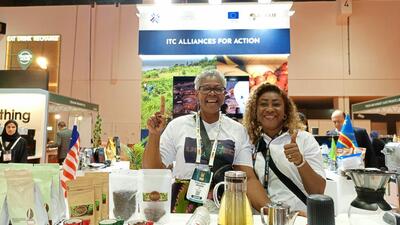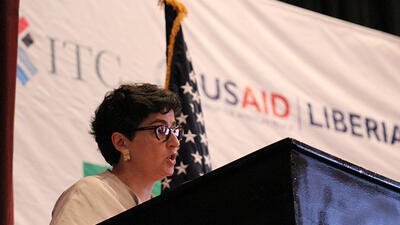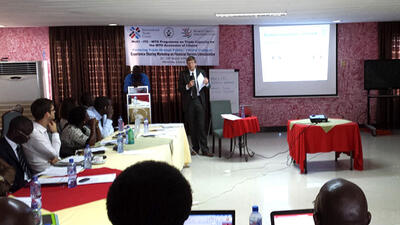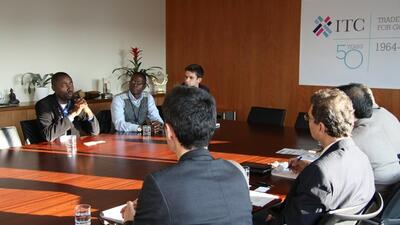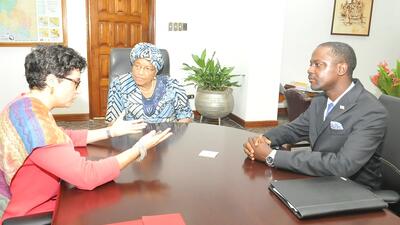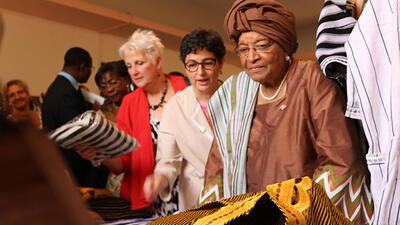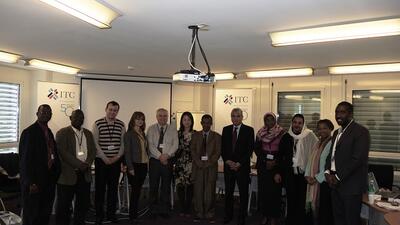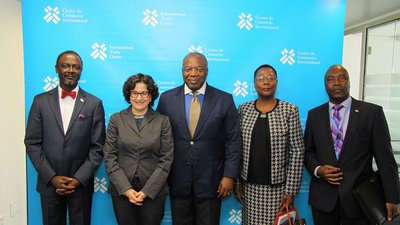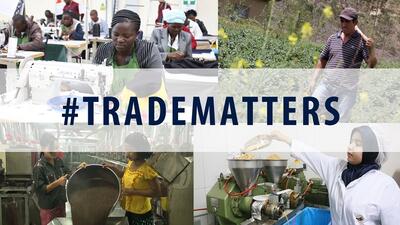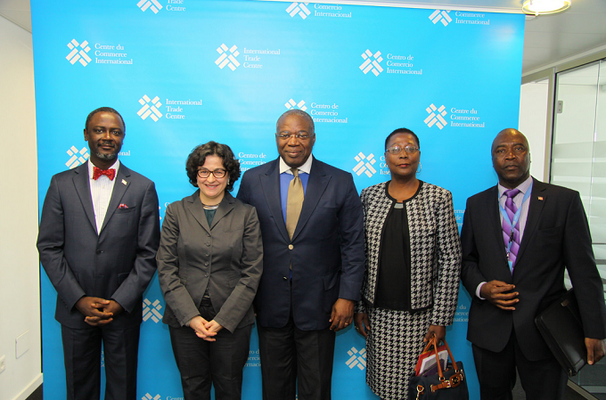
ITC and Liberia start work on two trade development strategies
The International Trade Centre (ITC) and the Liberian government are poised to work together to promote tourism and furniture exports to boost growth and job creation in the West African country, which was one of hardest-hit by the region’s Ebola outbreak last year.
Later this month, the government and ITC, with funding from the Enhanced Integrated Framework (EIF), will start designing trade development strategies for the tourism and wood furniture sectors. Joint consultations with industry stakeholders are set to commence in January.
The two sector-specific strategies have their origins in the ITC-facilitated National Export Strategy (NES ) for Liberia, a five-year trade development roadmap that identifies specific interventions to boost exports from high-potential sectors.
During the final stages of the design process for the NES, which was launched in April 2014, Liberia’s Ministry of Commerce and Industry (MoCI) requested the two additional sector-specific strategies to increase manufacturing value-added and bolster the services sector’s contributions to the economy.
ITC Executive Director Arancha González welcomed the start of work on the tourism and furniture strategies as a strong signal of Liberia’s commitment to the smaller enterprises that play a crucial role in rebuilding livelihoods and ensuring economic stability for the majority of Liberians.
‘Liberia’s micro, small and medium-sized enterprises (MSMEs) have been hard hit by the crisis, and ITC is a proud partner of the government’s efforts to build a brighter future for all Liberians,’ said González. ’I am convinced that the implementation of the NES and these sectoral strategies will contribute to national goals for poverty alleviation, rural development and broad-based income growth.’
The wood furniture development strategy will seek to promote greater in-country value addition, drawing on a deep reservoir of traditional knowledge in Liberia. While the tourism potential of Liberia’s sandy beaches has long been hampered by instability, the sector’s relatively low entry costs and deep interlinkages with the rest of the economy offer considerable scope for job creation. (For more details about Tourism and Trade, please see A Global Agenda for Sustainable Development, a joint report by ITC and the World Tourism Organization.)
Liberia’s NES targets five other sectors - cassava, cocoa, fish and crustaceans, oil palm, and rubber – to drive export-led job creation, diversification, and value addition in the post-conflict economy. Placing particular emphasis on MSMEs, which account for the lion’s share of employment in Liberia, it recommends policies and investments to increase access to finance, improve product quality control, and speed up trade logistics, to improve the overall export competitiveness of all sectors.
The NES was launched alongside a broader National Trade Policy (NTP), also facilitated by ITC, which seeks to align Liberian’s national policies, including its ongoing accession to the World Trade Organization, with the country’s overall trade and development objectives.




